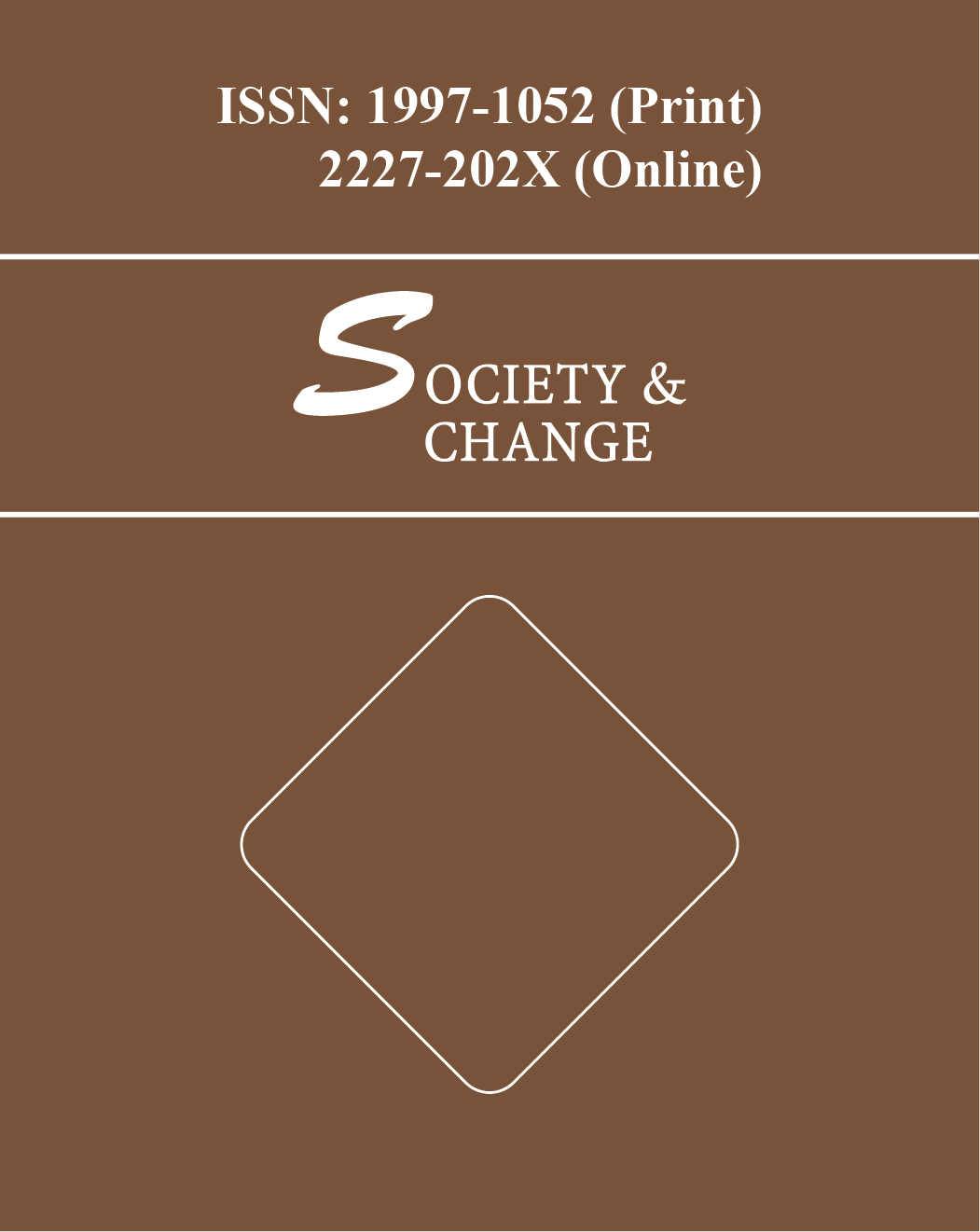The COVID-19 pandemic is affecting worldwide; likewise other least developed and developing countries, Bangladesh needs to tackle the issue while it is experiencing the scarcity of health professionals for a large population. As Bangladesh is the world’s 8th largest populated country with the poverty rate of 29.5 per cent, where 63.37 per cent of the total population live in rural areas, it is always a challenge for the Government of Bangladesh (GoB) to provide healthcare services to the rural individuals and communities. Due to the existing healthcare divide between the urban and rural areas, the GoB is focusing on mHelath to ensure the provision of the healthcare services remotely for all. During the COVID-19 pandemic, the GoB implemented mHealth solutions for tracking, identifying the hot spots, vaccine registration, and improving remote health services efficiently. Therefore, the prime objective of the study is to identify how mHealth could be a better solution for the inclusion of rural people to healthcare services during a pandemic. This study follows the exploratory research design and a desk review to investigate the prospects and challenges of mHealth in rural areas in Bangladesh. For the desk review, secondary sources- both academic and grey literatures are analyzed. The findings show that mHealth can ensure better access to health information and services, affordable for poor people and requires no interaction between doctor and patients which is mandatory to restrict the spread of infection and transmission of the virus. However, inadequate human resources, lack of relevant knowledge and digital competency among rural people, limited access of rural women to internet and mobile phones, less involvement of vulnerable groups, and absence of proper guidelines on mHealth operation are creating impediments to effective application of mHealth in rural areas during pandemic. To scaling up mHealth recruitment and training of health professionals, encouraging rural people to use digital platforms for health services, women’s’ greater access to mobile and internet, and enhancing rural communities’ readiness for mHealth initiatives are the areas where the GoB can intervene to strengthen the health facilities in Bangladesh.



 Additional Indexing
Additional Indexing